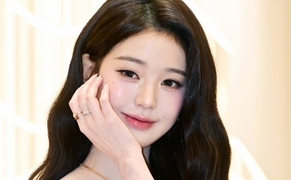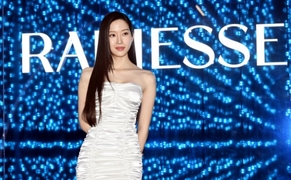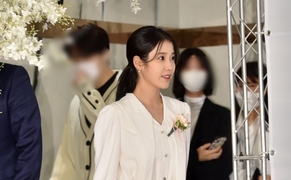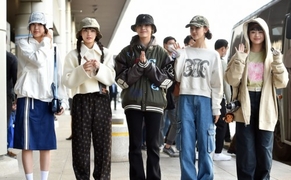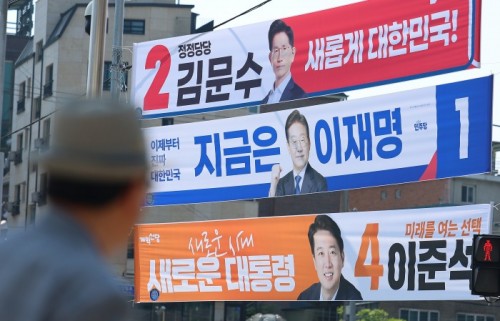 |
| On May 12, the first official day of campaigning for the 21st presidential election, banners for Democratic Party candidate Lee Jae-myung, People Power Party candidate Kim Moon-soo, and New Reform Party candidate Lee Jun-seok hang side by side in Seoul. / Source: Yonhap News |
The official campaign period for South Korea’s June 3 presidential election kicked off on May 12, revealing a sharp contrast between the progressive and conservative camps: while progressives have united behind a single candidate, conservatives remain fractured, failing to consolidate even after the withdrawal of former Prime Minister Han Duck-soo.
The long-standing adage in Korean politics that “the left collapses through division” appears not to hold true this time. Progressive forces have coalesced around Lee Jae-myung of the Democratic Party of Korea, leaving no serious contenders from within their ranks to split the vote.
This year’s race has taken on a more complex configuration than in past elections. Traditional regional divides have faded somewhat, but ideological alignments have become less predictable. Nonetheless, candidate registrations submitted before the campaign's start clearly show a divergence in strategy between the two blocs.
On the conservative side, the field has splintered. Kim Moon-soo of the ruling People Power Party (No. 2 on the ballot), Lee Jun-seok of the New Reform Party (No. 4), and independent candidate Hwang Kyo-ahn (No. 7) all registered to run, fragmenting the conservative vote. Despite the urgency of countering Lee Jae-myung’s perceived frontrunner status, conservatives have so far failed to unify behind a single candidate.
In response, the People Power Party is working swiftly to overcome the aftermath of the failed unification with Han and is now actively seeking an alliance with Lee Jun-seok to form a broad "anti-Lee Jae-myung coalition." The recent appointment of Kim Yong-tae—seen as close to Lee Jun-seok—as the party’s interim leader is viewed as a move toward forging this partnership.
In stark contrast, the progressive camp has consolidated under ballot No. 1, Lee Jae-myung. The Rebuilding Korea Party (ballot No. 3), despite being the third-largest in parliament, chose not to field a presidential candidate, instead endorsing Lee. Other left-leaning parties—the Progressive Party, Basic Income Party, and Social Democratic Party—have also aligned with him. Members of these parties plan to don the Democratic Party’s signature blue jackets and join Lee on the campaign trail.
Although the newly renamed Democratic Labor Party (formerly the Justice Party) has fielded Kwon Young-guk as its candidate under ballot No. 5, his candidacy is viewed as largely symbolic given the party’s current extra-parliamentary status and limited influence. “Our campaign committee already includes the leaders of the Rebuilding Korea Party, Progressive Party, Basic Income Party, and Social Democratic Party as co-chairs,” said a Democratic Party official. “In terms of political alignment, the message is clear—‘progressives are with No. 1.’”
Time is running out for any last-minute conservative unification. Overseas voting begins as early as May 20 and continues through May 25. Ballot printing for the election is scheduled to start on May 25, with only candidate withdrawals, deaths, or disqualifications occurring before May 24 being reflected. “If we want a true anti-Lee coalition, it has to happen before the ballots are printed,” said a People Power Party official. “That leaves us with less than a week.”
Most Read
-
1
-
2
-
3
-
4
-
5
-
6
-
7

















